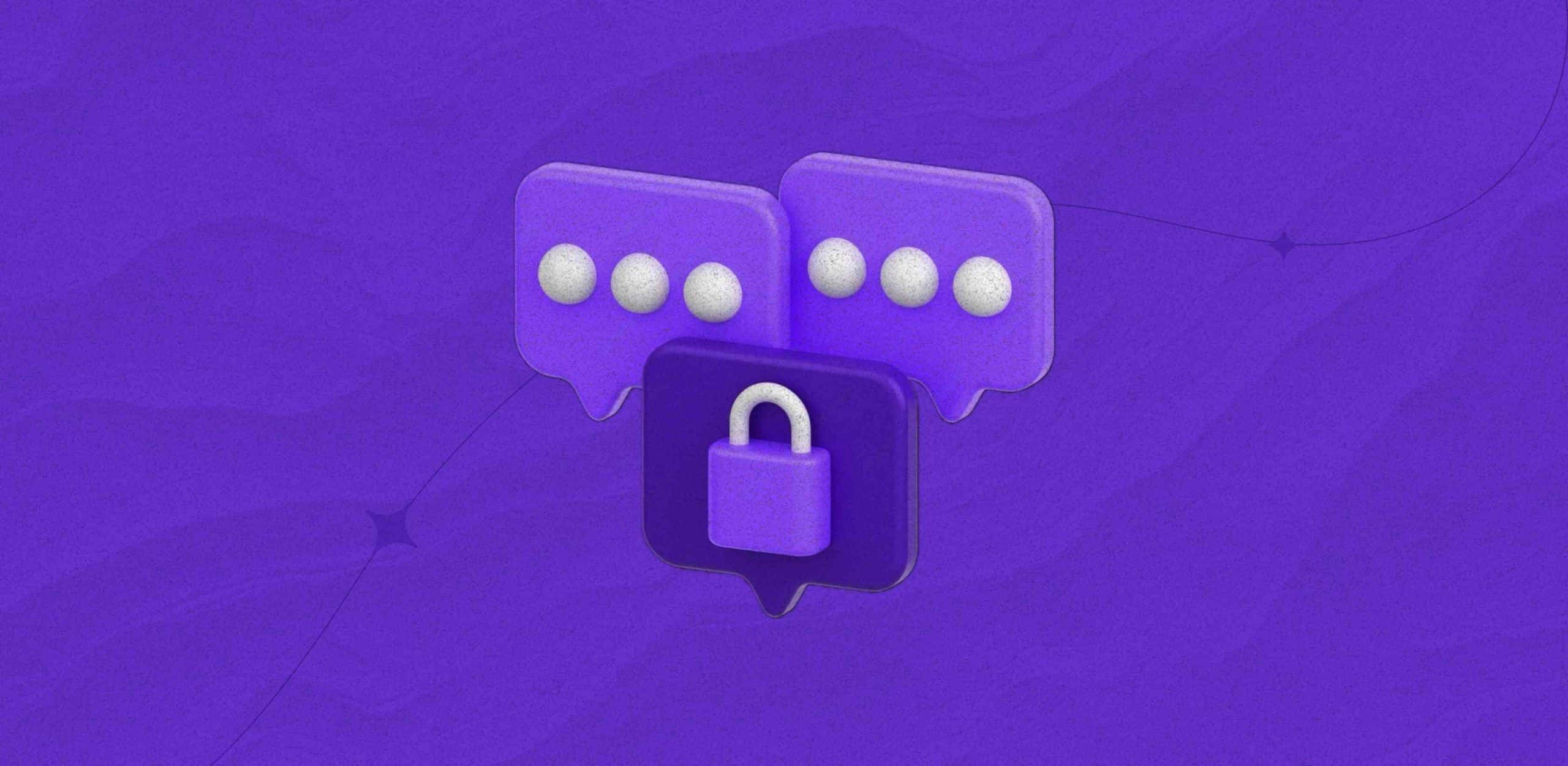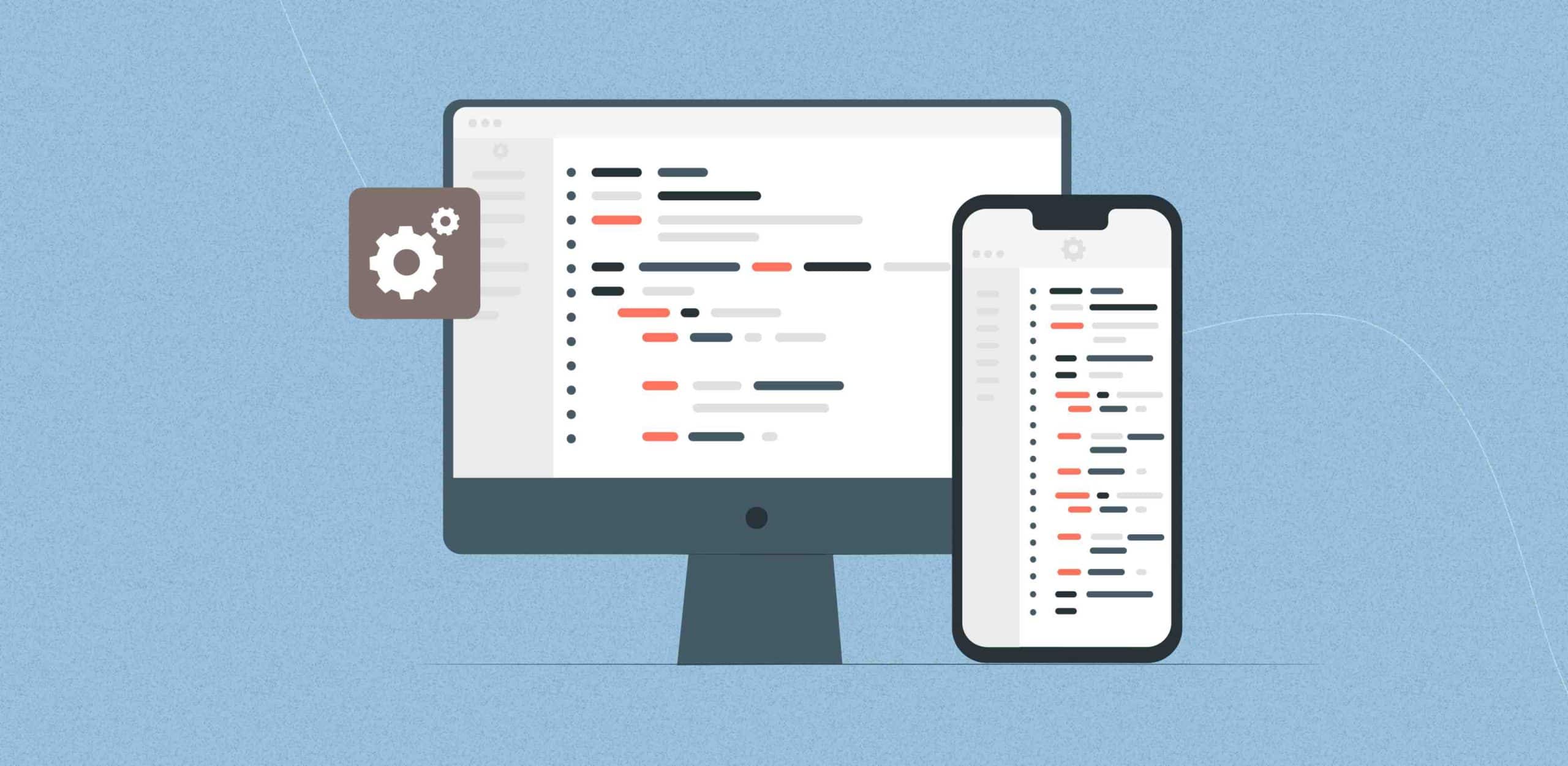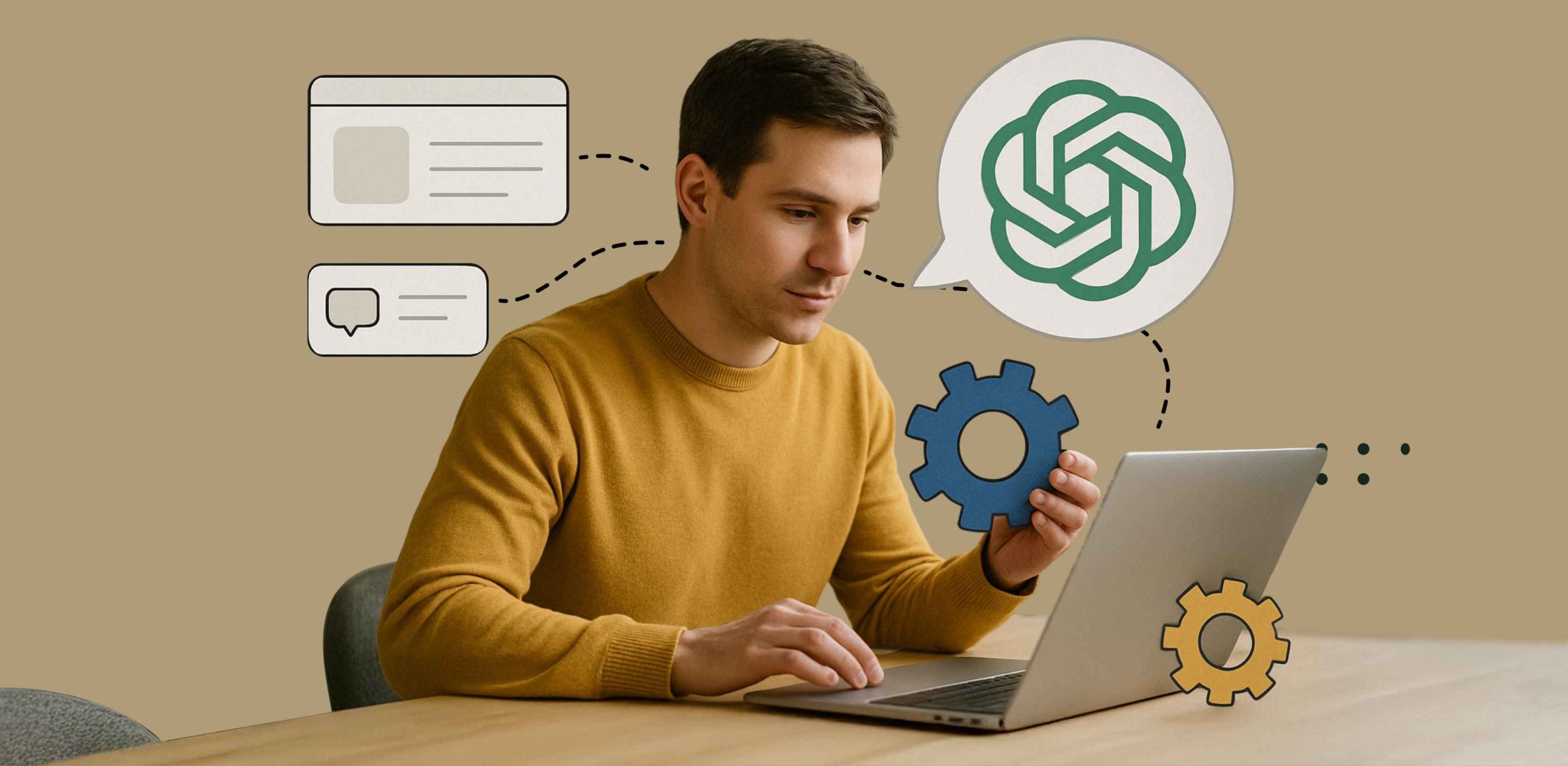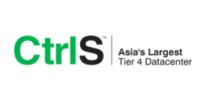Video chat app development has become a cornerstone of modern communication, playing a vital role in personal interactions, business meetings, and educational engagements. As the demand for video conferencing solutions has surged—especially in the wake of global events like the COVID-19 pandemic—ensuring the security of these platforms has become increasingly critical. With the rise in cyber threats, data breaches, and privacy concerns, securing your video chat app is no longer optional; it’s essential.
In this blog, we explore the best practices and advanced measures that are integral to robust security in video chat app development, helping you create a safe and secure environment for your users to communicate.
Video Chat App Development – An Overview
Video chat app development is a multifaceted process that involves designing and building applications that enable real-time communication via video and audio over the internet. These apps have become indispensable tools in today’s digital age, catering to a wide array of needs—from personal conversations and virtual meetings to large-scale webinars and online education platforms. The scope of video chat applications is vast, ranging from simple, one-on-one video calls to intricate systems capable of supporting hundreds or even thousands of participants simultaneously.
The Evolution of Video Chat Apps
Video chat apps have evolved significantly over the past decade. Initially, these apps were primarily used for personal communication, enabling users to connect with friends and family across distances. However, with the rapid advancement of technology and the increasing availability of high-speed internet, the use cases for video chat apps have expanded dramatically. Today, they are integral to various sectors, including healthcare, education, corporate environments, customer service, and even entertainment.
- Healthcare: Telemedicine has emerged as a crucial service, allowing healthcare providers to consult with patients remotely. Video chat apps in healthcare must adhere to strict security and privacy regulations, such as HIPAA, to protect sensitive patient information.
- Education: The rise of online learning platforms has made video chat apps essential for virtual classrooms. These apps must ensure that students’ data and interactions are secure, preventing unauthorized access to educational content and personal information.
- Corporate Environments: Video conferencing has become a staple in the corporate world, facilitating remote work and global collaboration. Corporate video chat apps must safeguard confidential business information and provide secure environments for virtual meetings.
- Customer Service: Video chat is increasingly being used in customer service to provide personalized support. Ensuring that these interactions are secure is critical to maintaining customer trust and protecting sensitive information.
The Development Process: Stages and Security Considerations
The video chat app development is a comprehensive process that involves multiple stages, each with its unique set of security challenges. Developers must address these challenges proactively to prevent vulnerabilities that could be exploited by malicious actors. Let’s break down the key stages of video chat app development and the associated security considerations:
Conceptualization and Design
- User Requirements and Security Needs: The first stage involves understanding the target audience and defining the app’s core functionalities. Security needs should be identified early, including the level of encryption required, data protection measures, and compliance with relevant regulations.
- UI/UX Design with Security in Mind: Designing the user interface (UI) and user experience (UX) involves creating a layout that is intuitive and user-friendly while incorporating security features like secure login, authentication prompts, and clear privacy settings.
Development
- Secure Coding Practices: During the video chat app development stage, writing secure code is paramount. Developers should follow best practices, such as validating inputs, avoiding hard-coded credentials, and using secure APIs. Implementing security protocols like TLS (Transport Layer Security) to encrypt data in transit is essential.
- Integration of Security Features: Features like end-to-end encryption, user authentication, and role-based access control should be integrated into the app. It’s also crucial to ensure that the app’s backend infrastructure is secure, with protected databases and secure server communications.
Testing
- Security Testing and Vulnerability Assessment: Rigorous testing is essential to identify and fix security vulnerabilities. This includes conducting penetration testing, code reviews, and security audits to ensure that the app can withstand various types of cyber-attacks.
- User Data Protection: During testing, special attention should be given to how user data is handled. Developers should ensure that personal information, communication logs, and video recordings are stored securely and are only accessible to authorized users.
Deployment
- Secure Deployment Practices: When deploying the app, developers must ensure that it is hosted on secure servers with proper firewalls and anti-DDoS (Distributed Denial of Service) measures in place. The deployment environment should be configured to prevent unauthorized access and mitigate security risks.
- Compliance and Legal Considerations: Before the app is launched, it must comply with relevant legal and regulatory standards. This might include GDPR (General Data Protection Regulation) in the EU, HIPAA (Health Insurance Portability and Accountability Act) in the US, or other region-specific regulations.
Post-Launch Monitoring and Updates
- Continuous Monitoring for Security Threats: After the app is launched, continuous monitoring is necessary to detect and respond to security threats in real-time. This includes monitoring for unusual activity, potential breaches, and ensuring that the app’s security measures are functioning as intended.
- Regular Updates and Patches: Security is an ongoing concern. Developers must regularly update the app to patch any discovered vulnerabilities and adapt to new security challenges. Regular updates also help to maintain compliance with evolving regulations and standards.
The Importance of Security in Video Chat App Development
As video chat apps continue to be integrated into various sectors, the importance of secure communication cannot be overstated. These applications often handle sensitive information, whether it’s personal conversations, medical consultations, or corporate meetings. A security breach in a video chat app can lead to severe consequences, including data theft, financial losses, legal liabilities, and a loss of user trust.
Read the blog on Building Scalable Video Chat Applications: Best Practices.
Understanding the Security Landscape for Video Chat App Development
The security landscape for video chat app development is intricate and perpetually evolving, driven by the constant advancement of technology and the increasing sophistication of cyber threats. Developers tasked with creating secure video chat applications must be acutely aware of these potential threats, as failing to address them can lead to severe consequences, including data breaches, unauthorized access, and loss of user trust. Here, we delve into some of the most common and dangerous security threats that developers need to be vigilant about during video chat app development.
Man-in-the-Middle (MITM) Attacks
Man-in-the-Middle (MITM) attacks are a significant threat to video chat apps, where an attacker secretly intercepts and potentially alters communication between two parties without their knowledge. In a typical MITM attack, the attacker can listen in on conversations, inject malicious content, or even hijack the session altogether, leading to severe breaches of confidentiality and data integrity. To defend against MITM attacks, it is essential to implement robust encryption protocols that protect data in transit, ensuring that only the intended recipients can access the communication content.
Data Interception
Data interception occurs when sensitive information, such as video and audio streams, is captured by unauthorized entities during transmission. This threat is particularly concerning in video chat apps, where the interception of real-time communications can lead to significant privacy breaches, exposure of confidential information, and misuse of the intercepted data. To combat this, developers must employ strong encryption techniques, such as Secure Sockets Layer (SSL) or Transport Layer Security (TLS), to protect data as it travels across networks, making it unreadable to anyone without the proper decryption keys.
Unauthorized Access
Unauthorized access happens when individuals who are not supposed to participate in or view a video conference manage to gain entry, often due to weak or compromised authentication methods. This can result in privacy violations, disruptions, and potential leaks of sensitive information discussed during the session. To mitigate the risk of unauthorized access, it is crucial to implement strong user authentication mechanisms, including multi-factor authentication (MFA). MFA requires users to verify their identity through multiple steps, such as entering a password and confirming through a secondary device, significantly reducing the likelihood of unauthorized individuals gaining access.
Denial of Service (DoS) Attacks
Denial of Service (DoS) attacks pose a threat to the availability and functionality of video chat apps by overwhelming the server with excessive traffic, making the service unavailable to legitimate users. This can disrupt business operations, lead to loss of user trust, and cause significant financial damage. To protect against DoS attacks, developers should implement a combination of firewalls, load balancers, and anti-DoS technologies that can detect and mitigate abnormal traffic patterns, ensuring that the app remains accessible and functional even under attack.
Privacy Concerns
Privacy concerns in video chat apps arise when there are inadequate controls over who can access, record, or share video sessions. Without proper privacy safeguards, users’ conversations and personal information could be exposed to unauthorized parties, leading to breaches of trust and potential legal issues. To address these concerns, developers should implement stringent privacy controls that allow users to manage their data, set permissions for recording, and ensure that all communications are conducted within a secure and private environment. Providing users with transparency and control over their privacy settings is essential for building trust and ensuring compliance with data protection regulations.
Partner with us to develop a video chat app that prioritizes your users' security and privacy
Essential Security Practices in Video Chat App Development
A secure video chat app development requires a multi-layered approach to security. Here are some essential practices developers should implement:
End-to-End Encryption (E2EE)
End-to-End Encryption (E2EE) is a critical security feature that ensures data is protected throughout its journey from sender to receiver. With E2EE, the data is encrypted on the sender’s device and only decrypted on the recipient’s device, making it inaccessible to any third parties, including service providers or hackers who might intercept the communication. This method is particularly important for securing video chats that involve sensitive or confidential information, such as in telehealth services, corporate meetings, or legal consultations. Implementing E2EE helps build user trust by guaranteeing that their communications remain private and secure, free from unauthorized access or tampering.
Strong User Authentication
Robust user authentication is a cornerstone of secure video chat app development, ensuring that only authorized individuals can access the platform. This involves using complex passwords that are securely stored through hashing algorithms, making it difficult for attackers to retrieve or misuse them. Additionally, implementing Multi-Factor Authentication (MFA) adds another layer of security by requiring users to authenticate their identity through multiple methods, such as a password combined with a one-time code sent to their mobile device. MFA significantly reduces the risk of unauthorized access, as it is much harder for attackers to compromise multiple authentication factors simultaneously.
Secure API Integration
Video chat apps often rely on third-party APIs to enhance functionality, such as integrating with other communication tools, payment gateways, or data storage services. However, these integrations can introduce security vulnerabilities if not handled properly. It is essential to ensure that any APIs used are from trusted sources and are regularly updated to fix any security flaws. Additionally, developers should implement secure coding practices to prevent common API-related vulnerabilities, such as improper authentication or data exposure. By rigorously vetting and securing API integrations, developers can mitigate the risk of introducing vulnerabilities into the video chat app.
Regular Security Audits and Penetration Testing
Regular security audits and penetration testing are proactive measures that help identify and address potential vulnerabilities in a video chat app before they can be exploited by malicious actors. Security audits involve a thorough review of the app’s codebase, infrastructure, and configurations to ensure compliance with security best practices. Penetration testing, on the other hand, simulates cyberattacks to assess the app’s resilience against real-world threats. These tests help uncover weaknesses that may not be immediately apparent during development, allowing developers to fix issues and reinforce the app’s security posture continuously.
Data Protection and Privacy Controls
Data protection is crucial in video chat app development, particularly as these apps often handle sensitive personal information. Developers must implement stringent measures to ensure that user data is protected from unauthorized access, misuse, or exposure. This includes encrypting data both at rest and in transit, ensuring that it remains secure throughout its lifecycle. Additionally, developers should provide users with granular control over their data, allowing them to manage who can access, share, or record their video chats. Transparent privacy policies and user controls are essential for building trust and complying with data protection regulations like GDPR or CCPA.
Secure Storage Solutions
Storing data securely is vital to prevent unauthorized access, especially for recorded video chats or other sensitive information. All data should be encrypted before being stored, whether on local servers or in the cloud. Developers should use cloud storage solutions that adhere to industry standards and regulations for data protection, ensuring that data is not only securely stored but also resilient to breaches and data loss. Additionally, implementing secure backup processes and regularly auditing storage practices can further enhance the security of stored data, providing peace of mind to users and developers alike.
What are the Advanced Security Measures in Video Chat App Development?
While basic security practices are essential, advanced measures can further elevate the security of video chat apps, ensuring a more robust and resilient system. Here’s an in-depth look at some of these advanced security measures:
Zero Trust Architecture
Zero Trust Architecture is a security model that operates on the principle of “never trust, always verify.” Unlike traditional security models that assume trust for users and devices within the network, Zero Trust treats every user and device, whether inside or outside the network, as untrusted by default. This approach requires continuous verification of identity and integrity before granting access to any resources. By implementing Zero Trust, video chat apps can effectively minimize the risk of breaches by ensuring that even if one layer of security is compromised, the attacker is not automatically granted access to the entire network. This granular approach to security greatly enhances the overall protection of the app.
Secure Real-Time Transport Protocol (SRTP)
Secure Real-Time Transport Protocol (SRTP) is an advanced extension of the Real-Time Transport Protocol (RTP), specifically designed for secure delivery of audio and video streams over IP networks. SRTP provides critical security features such as encryption, which ensures that the media streams cannot be intercepted and understood by unauthorized parties. Additionally, it offers message authentication and integrity, which help in verifying that the media data has not been tampered with during transmission. By using SRTP, video chat apps can guarantee that the real-time communications between users are secure, private, and protected from potential eavesdropping and alterations.
Blockchain for Secure Identity Management
Blockchain technology, known for its decentralized and immutable nature, offers a powerful solution for secure identity management in video chat apps. By leveraging blockchain, developers can create a decentralized system where user identities are securely stored and managed without reliance on a central authority. This reduces the risk of identity theft and unauthorized access, as the blockchain’s distributed ledger ensures that no single entity has complete control over user data. Furthermore, blockchain can provide a transparent and tamper-proof record of all authentication events, making it easier to audit and verify user identities. This approach significantly enhances the security and trustworthiness of the identity management process within video chat applications.
AI-Powered Threat Detection
Artificial intelligence (AI) and machine learning (ML) have become indispensable tools in enhancing security through real-time threat detection and response. In the context of video chat app development, AI can be used to monitor user behavior patterns and network traffic for any anomalies that could indicate a potential security threat. By analyzing vast amounts of data, AI can identify suspicious activities, such as unauthorized access attempts or unusual user behaviors, and respond swiftly to mitigate risks. This proactive approach allows video chat apps to adapt to new and evolving threats, providing a dynamic defense mechanism that is far more effective than traditional, static security measures.
Biometric Authentication
Biometric authentication adds an extra layer of security to video chat apps by leveraging unique biological traits, such as fingerprints, facial recognition, or voice patterns, to verify user identities. Unlike traditional passwords, which can be stolen or guessed, biometric data is inherently tied to an individual, making it much harder for unauthorized users to gain access. By incorporating biometric authentication, video chat apps can ensure that only legitimate users can enter the platform, thereby reducing the risk of unauthorized access. This method not only enhances security but also improves user convenience by allowing quick and secure logins without the need for complex passwords.
Best Tools and Technologies for Securing Video Chat Apps
Selecting the right tools and technologies is critical for securing video chat apps. Here are some of the best options available:
WebRTC (Web Real-Time Communication)
WebRTC is a widely adopted, open-source project that enables real-time communication directly from web browsers and mobile apps through simple APIs. One of the primary reasons for its popularity in video chat app development is its strong security features. WebRTC ensures that data streams, including video and audio, are encrypted using Secure Real-Time Transport Protocol (SRTP), which prevents unauthorized access and eavesdropping during transmission. Additionally, WebRTC supports DTLS (Datagram Transport Layer Security) for encrypting the control messages exchanged between peers, making it a robust and secure choice for developing real-time communication applications.
OpenSSL
OpenSSL is a powerful, open-source toolkit that implements the Secure Sockets Layer (SSL) and Transport Layer Security (TLS) protocols, which are foundational for securing internet communications. In the context of video chat apps, OpenSSL plays a crucial role in encrypting data during transmission, ensuring that sensitive information such as video and audio streams cannot be intercepted or tampered with by malicious actors. By providing a range of cryptographic functions, including public key cryptography, OpenSSL helps developers implement secure data transmission channels, making it an essential tool for safeguarding communications in video chat applications.
Twilio
Twilio is a leading cloud communications platform that offers APIs for integrating various communication functionalities, including video, into applications. When used in video chat app development, Twilio’s APIs come with built-in security features such as encryption of video and audio streams, secure key management, and strong authentication methods. Twilio also complies with industry-standard security certifications, ensuring that the video conferencing solutions built using its services are secure by design. With its robust infrastructure and focus on security, Twilio is a reliable choice for developers looking to create secure video chat applications.
Firebase Authentication
Firebase Authentication is a comprehensive backend service that simplifies the implementation of authentication in video chat apps while ensuring robust security. It supports a variety of authentication methods, including password-based, phone number-based, and federated logins via social platforms like Google, Facebook, and Twitter. Firebase Authentication employs secure methods such as OAuth 2.0 and OpenID Connect for managing user identities, ensuring that only authorized users can access the app. It also integrates seamlessly with other Firebase services, allowing for easy implementation of multi-factor authentication (MFA) and secure token management, further enhancing the security of user authentication processes.
Amazon Cognito
Amazon Cognito is a powerful service from AWS that enables developers to add user sign-up, sign-in, and access control features to video chat apps with robust security measures. Cognito supports multi-factor authentication (MFA), encryption of user credentials, and secure access management through AWS Identity and Access Management (IAM). It also offers the ability to define fine-grained access policies, ensuring that users only have the permissions necessary to perform their tasks. By leveraging Amazon Cognito, developers can create secure authentication workflows that protect user data and ensure that access to the video chat app is tightly controlled, making it an excellent choice for security-conscious app development.
Key Factors to Consider When Selecting a Video Chat App Development Partner Who Prioritizes Security
Choosing the right video chat app development partner is essential for building a secure video chat app that protects user data and maintains privacy. Here are the key factors to consider when selecting a partner who prioritizes security:
Expertise in Secure Development
When selecting a video chat app development partner, it’s crucial to assess their expertise in secure app development. Look for a partner with a proven track record of implementing advanced security measures, such as end-to-end encryption, secure authentication methods, and robust data protection protocols. Their experience should extend to dealing with various security challenges and adhering to industry standards, ensuring that they can effectively manage the complexities of video chat app development while keeping your app secure from potential threats.
Commitment to Ongoing Security
Security in video chat app development is not a one-time task but an ongoing process that requires continuous vigilance. Your development partner should demonstrate a strong commitment to ongoing security by offering regular security updates, conducting periodic audits, and actively monitoring for threats. This proactive approach ensures that your app remains secure as new vulnerabilities and threats emerge, providing long-term protection for your users and their data.
Transparent Communication
Clear and transparent communication is a critical factor in selecting a secure video chat app development partner. The partner should be open and honest about their security practices, potential risks, and the strategies they employ to mitigate those risks. They should also be willing to engage in detailed discussions about security concerns and be proactive in addressing any issues that arise. Transparent communication builds trust and ensures that you are fully informed about the security measures being implemented in your video chat app.
Compliance with Industry Standards
Adherence to industry standards and regulations is a non-negotiable aspect of secure video chat app development. Your development partner should be well-versed in the specific compliance requirements relevant to your app’s target audience, such as GDPR for data protection, HIPAA for healthcare-related communications, or CCPA for consumer privacy. Compliance with these standards ensures that your app not only meets legal requirements but also adheres to best practices in data security and privacy, safeguarding your users’ information.
Custom Solutions for Enhanced Security
A one-size-fits-all approach to security often falls short in addressing the unique needs of your video chat app. A good video chat app development partner should offer custom security solutions tailored to your app’s specific requirements. This may include developing bespoke encryption algorithms, integrating advanced authentication methods, or creating specialized protocols for data protection. By providing tailored solutions, the partner can address your app’s unique security challenges and deliver a more robust and secure platform for your users.
Conclusion
In a world where digital communication is increasingly reliant on video chat apps, ensuring the security of these platforms is not just an option—it’s a necessity. Implementing best practices, from end-to-end encryption to regular security audits, and adopting advanced measures like Zero Trust architecture and AI-powered threat detection, can protect your app from emerging threats. Choosing the right tools and technologies, along with selecting a development partner who prioritizes security, will ensure that your video chat app is both safe and reliable.
At Enfin Technologies, we specialize in video chat app development, with a strong emphasis on security. As a leading video chat app development company, we understand the complexities of video conferencing app development and are committed to delivering secure, high-quality solutions. Whether you need a custom video conferencing development project or a secure platform tailored to your unique needs, our team is here to help. Contact us today to discuss your project and ensure
Let’s transform your business for a change that matters.
F. A. Q.
Do you have additional questions?
Why is security so important in video chat app development?
Security is crucial in video chat app development because these apps handle sensitive user data, including personal conversations, business meetings, and confidential information. Without robust security measures, this data is vulnerable to breaches, unauthorized access, and other cyber threats.
What are the most common security threats in video chat apps?
Common security threats include man-in-the-middle (MITM) attacks, data interception, unauthorized access, denial of service (DoS) attacks, and privacy breaches. These threats can compromise the integrity, confidentiality, and availability of the app.
What is end-to-end encryption, and why is it essential for video chat apps?
End-to-end encryption (E2EE) ensures that the data is encrypted on the sender’s device and can only be decrypted on the receiver’s device, making it unreadable to anyone who intercepts it. E2EE is essential for protecting user privacy and preventing unauthorized access to conversations.
How can I ensure my video chat app remains secure after it’s launched?
Maintaining security post-launch requires ongoing efforts such as regular security updates, periodic security audits, threat monitoring, and patching vulnerabilities as they are discovered. It’s also important to stay informed about new security threats and best practices.
What role do compliance regulations play in video chat app development?
Compliance regulations like GDPR, HIPAA, and CCPA set legal standards for data protection and privacy. Adhering to these regulations ensures that your app meets industry requirements, protecting both your users and your organization from legal and financial repercussions.
What advanced security measures can be implemented in video chat apps?
Advanced security measures include adopting Zero Trust architecture, using Secure Real-Time Transport Protocol (SRTP), incorporating AI-powered threat detection, implementing biometric authentication, and utilizing blockchain for secure identity management.
How do I choose the right development partner for secure video chat app development?
Choose a partner with expertise in secure development, a commitment to ongoing security, transparent communication practices, compliance with industry standards, and the ability to offer custom security solutions tailored to your app’s specific needs.
What tools and technologies are recommended for securing video chat apps?
Recommended tools and technologies include WebRTC for real-time communication, OpenSSL for encryption, Twilio for secure communication APIs, Firebase Authentication for secure user authentication, and Amazon Cognito for user management and access control.
Can I use third-party APIs in my video chat app without compromising security?
Yes, but it’s essential to ensure that the third-party APIs you use are secure and regularly updated. Only use trusted APIs, and perform due diligence to verify that they meet security standards and do not introduce vulnerabilities to your app.
How can I protect my video chat app from denial of service (DoS) attacks?
Protecting your app from DoS attacks involves implementing measures like firewalls, rate limiting, traffic filtering, and load balancing. These defenses help ensure that your app remains accessible to legitimate users even under attack.















